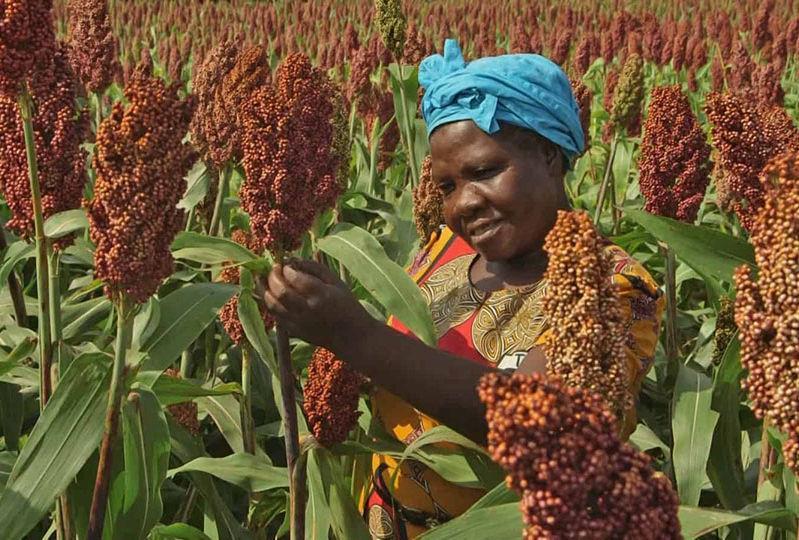By newzimbabwe
Africa-Press – Zimbabwe. In the heart of Zimbabwe, small-scale farmers are grappling with a paradox of plenty. Amid the lush fields and bountiful harvests, a crisis of overabundance is causing financial distress. As the sun rises over fields laden with fruits and vegetables, it also casts a shadow over an issue that threatens the livelihoods of these farmers and the agricultural sustainability of the region. It’s a story of abundance turning into loss, where perishable goods, once a symbol of agricultural success, have become a source of financial struggle.
Harvest of Hardship
These farmers face a twofold challenge: an overabundance of perishable goods and the low disposable income of consumers, resulting in decreased income and profitability. From the moment produce is harvested, the clock begins to tick. Transporting goods from farms to markets is fraught with difficulties, leading to significant losses before the products even reach potential buyers. Charles Dhewa, CEO of Knowledge Transfer Africa, points out that the loss is not merely a matter of economics but also of wasted resources and efforts. “Every fruit and vegetable lost during transportation is not just a financial loss; it’s a loss of the hard work, water, and care that went into growing it,” Dhewa remarks, underscoring the multifaceted impact of these challenges.
Market Mayhem
Upon arrival at the markets, the ordeal doesn’t end. The lack of proper storage facilities further exacerbates the problem, leading to more produce being wasted. Shadreck Makombe, president of the Zimbabwe Commercial Farmers Union, stresses the importance of addressing these market deficiencies. “Improving market structures and ensuring cleanliness can significantly reduce losses. Additionally, value-addition programs are crucial for extending the shelf life of perishable goods,” Makombe explains. These interventions are vital for transforming the current scenario from one of loss to one of sustainable profitability and food security.
Bridging the Knowledge Gap
The resolution to this crisis may lie in harnessing the potential of the country’s youth. Dhewa suggests that recent graduates could play a pivotal role in closing the knowledge and technology gap in the agricultural sector. By conducting market research on best practices for logistics, packaging, preservation, and transportation, these young minds could offer innovative solutions. “Engaging with recent graduates is not just about solving an immediate problem. It’s about building a foundation for a more sustainable and prosperous agricultural future,” Dhewa asserts, highlighting the long-term benefits of such an approach.
In conclusion, the plight of small-scale farmers in Zimbabwe is a complex issue that requires a multifaceted approach. Addressing the challenges of overabundance and market inefficiencies through improved logistics, better market structures, and the innovative involvement of the youth could pave the way for a brighter future. It’s a story of not just preserving perishable goods, but also preserving the livelihoods of those who grow them and ensuring the agricultural sustainability of a nation.
newzimbabwe
For More News And Analysis About Zimbabwe Follow Africa-Press






